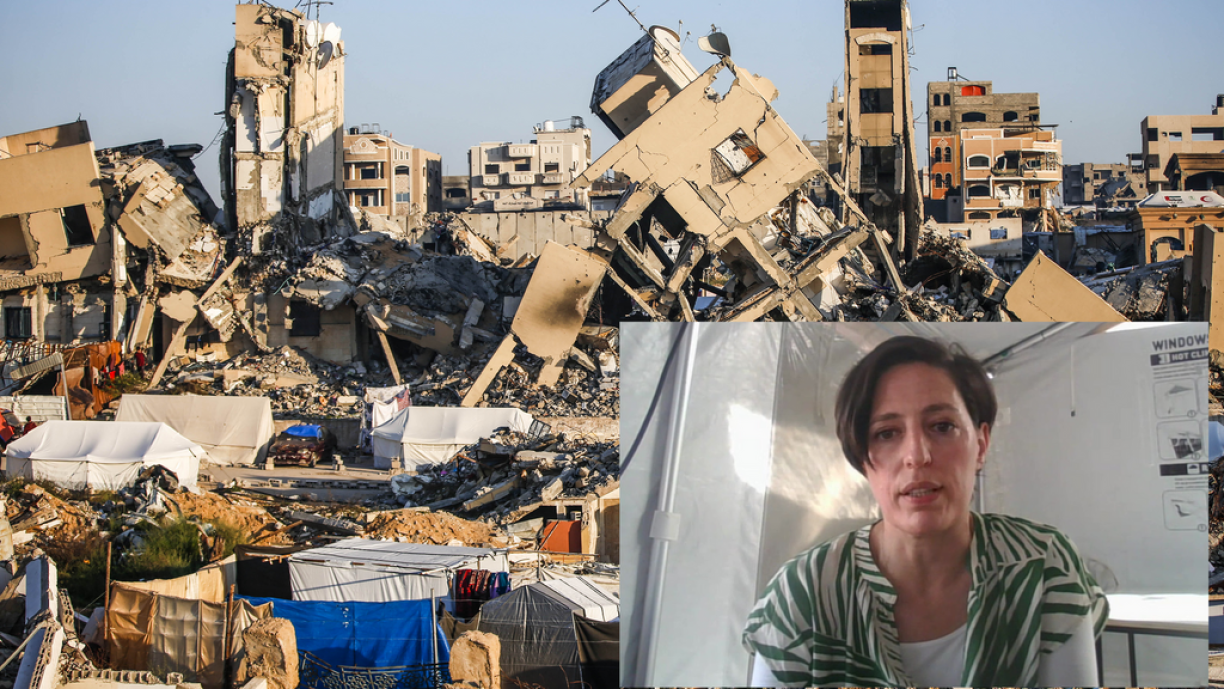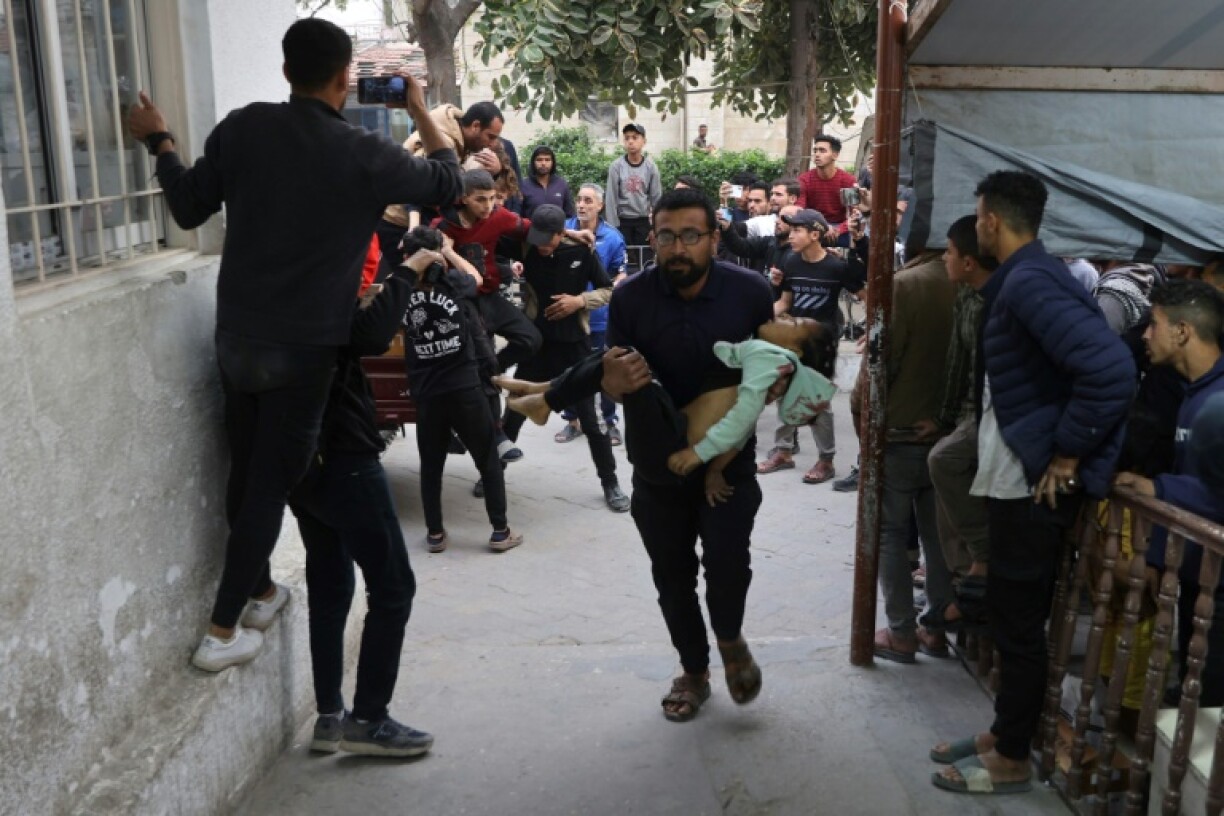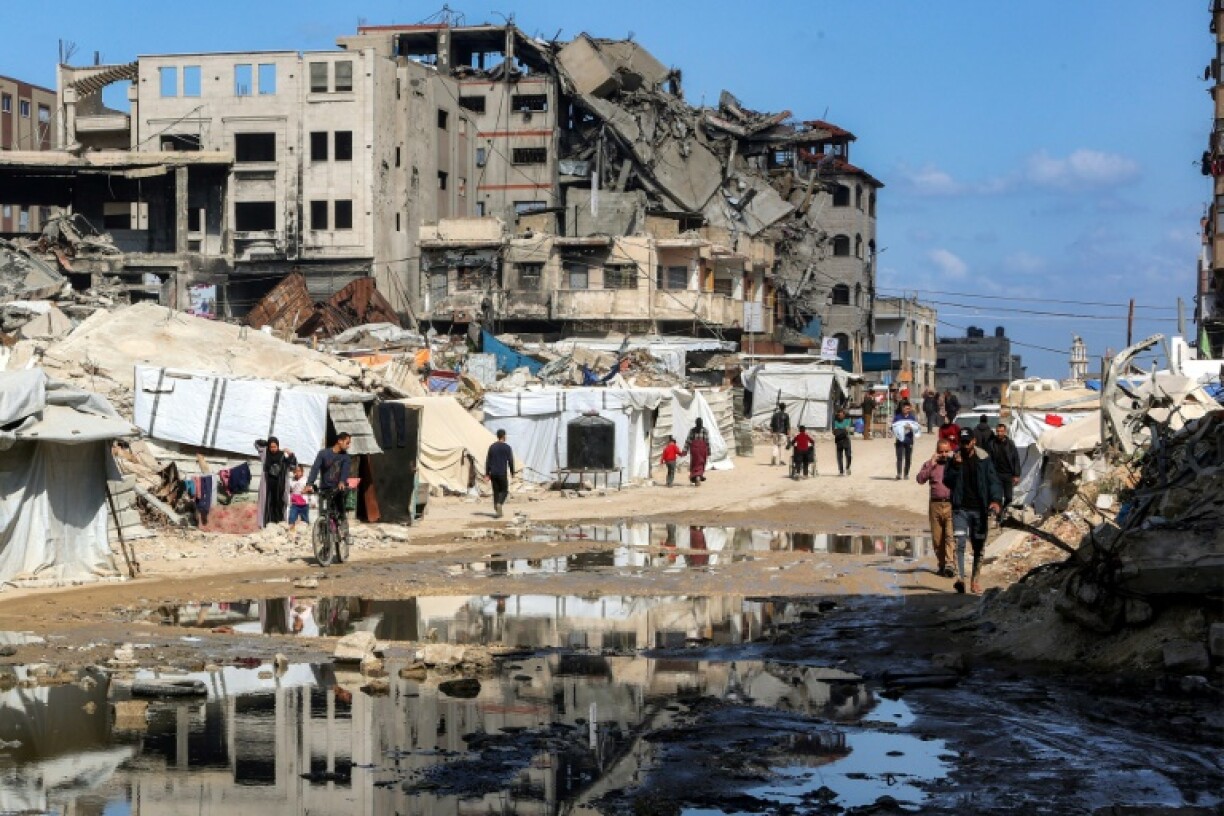
For over 50 days, Israel’s blockade has severely restricted humanitarian aid to Gaza while airstrikes continue across the territory. The conflict has now claimed more than 51,000 lives, with recent developments threatening to escalate the crisis further.
Our colleagues from RTL Infos spoke with Amandine Bazerolle, an emergency coordinator with Médecins Sans Frontières (MSF) currently working in Gaza. She described a deteriorating situation since hostilities intensified in early March.
“The initial phase was marked by extreme violence”, Bazerolle reported. “Now, beyond the bombardment, the complete blockade preventing aid delivery has become the primary concern”, she lamented.
Food, medicine, and fuel stocks are now almost exhausted, and with them, the entire humanitarian operation risks collapse. “We all depend on this fuel, there is no other way to generate electricity in Gaza”, the MSF representative explained. Without it, operating theatres and the equipment that keeps seriously injured people alive can no longer function. And this is just one of the many dramatic consequences that the Israeli blockade could have.

“There is no more food”, Bazerolle said, who is concerned about the famine spreading across Gaza. It is important to note that a large proportion of the population depends on humanitarian aid for food. The MSF emergency coordinator estimates that “three quarters of the population” will soon have nothing left to eat. “Children are becoming malnourished, and so are their mothers, because they are depriving themselves so that their children can eat”, she said. According to her, this is likely to lead to new waves of untreated patients in a hospital system already damaged by repeated strikes.
Bazerolle condemns Israel’s military strategy, which mainly targets civilians. “They have been bombing and killing civilians for 18 months without managing to find their targets”, she criticised. At no point has this type of offensive been called into question. “They continue to attack in the same way”, she said. “The majority of those killed are women and children, who are not at all the people the Israelis are trying to target”, the MSF coordinator on the ground said.
To put an end to the bloodshed, NGOs active in Gaza are calling for a ceasefire and the immediate lifting of the blockade on humanitarian aid. Since Israel’s offensive began in response to the 7 October 2023 attacks, Palestinian civilians have borne the brunt of the violence. “The political leaders must find a solution”, Bazerolle stressed. Without one, the situation will become catastrophic “very soon” for the hundreds of thousands of civilians trapped in the hell that Gaza has become.
